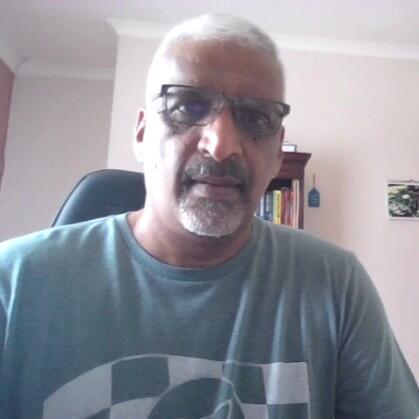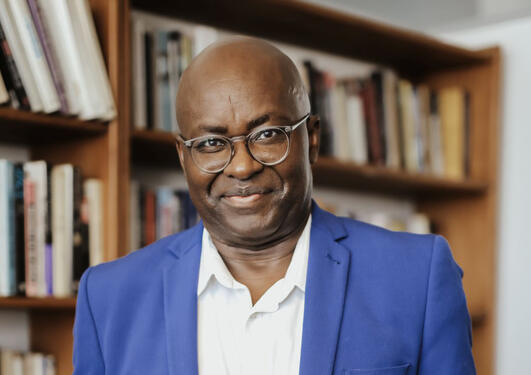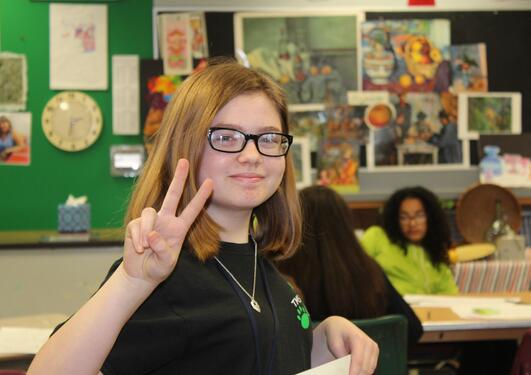Curriculum decolonisation in post-colonial societies and limits of epistemic disruption
The pursuit for a framework to enunciate an African perspective on curriculum will likely remain elusive as long as African scholars remain circumscribed within the Western-Eurocentric grand narrative.

Main content
Suriamurthee Maistry
Professor, University of KwaZulu-Natal
African curriculum scholars have long been searching for an effective language of description, that is, a framework to enunciate an African perspective on curriculum. This pursuit, however, will continue to remain elusive as long as African scholars remain circumscribed within the Western-Eurocentric grand narrative.
That curriculum inquiry and theorising remain strangled by hegemonic Western frameworks, is without contention. Disciples of Western theorising find it extremely difficult to break the shackles, especially given that their life’s scholarship has been built on, and has in fact advanced the canonisation of Western frameworks. This presents as a real conundrum for African scholars who have, in recent times, come under pressure in view of the return to vogue of curriculum transformation, and decolonisation imperatives.
In this paper, Maistry explores two key issues. In the first instance, he proposes that the rationale for the framing of curriculum theorising in the African context as necessarily be that of a social-justice project, especially in the context of congenial traditional gatekeeping of curriculum theorising in South Africa. Secondly, he explores how insights from decolonial theoretical frameworks might offer a conceptual apparatus for both disrupting contemporary curriculum theorising, and envisaging alternatives for the peculiar African context.
Maistry argues that, for African theorising to gain traction, there needs to be a substantive, critical mass of compelling curriculum scholarship to emerge in the next decade. He engages with how overt (and covert) impediments might frustrate such an agenda. The paper concludes with a discussion of key enabling levers that might advance this project.
Suriamurthee Maistry is a professor in the School of Education of the University of KwaZulu-Natal. He leads “The South African Textbook Research Project” and, “The Higher Education Pedagogy Project”. His latest project entitled “Decolonising postgraduate supervision” focuses on research supervision practices in the context of decolonization debates in South Africa.





